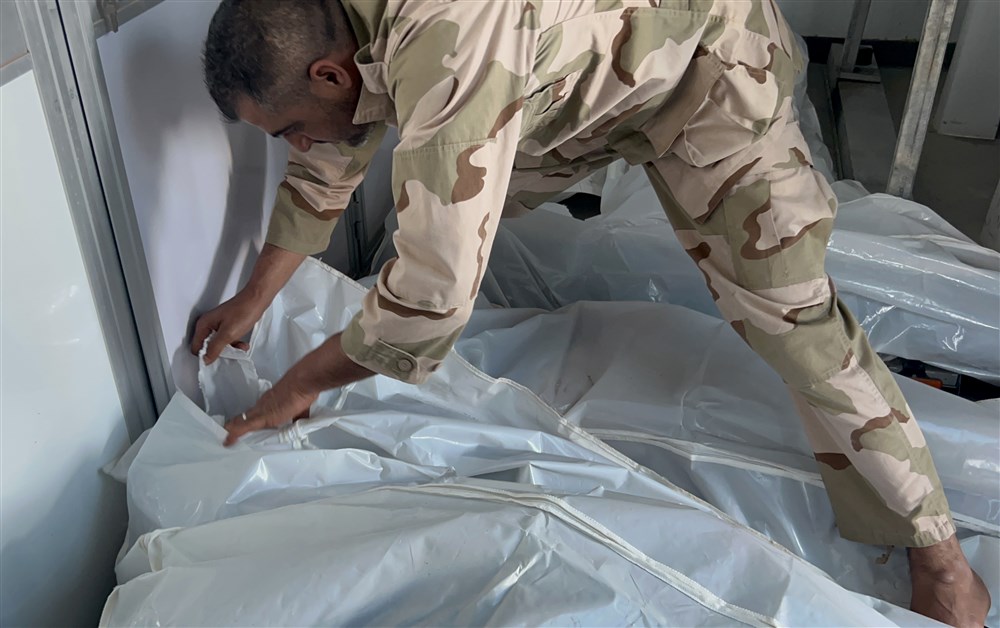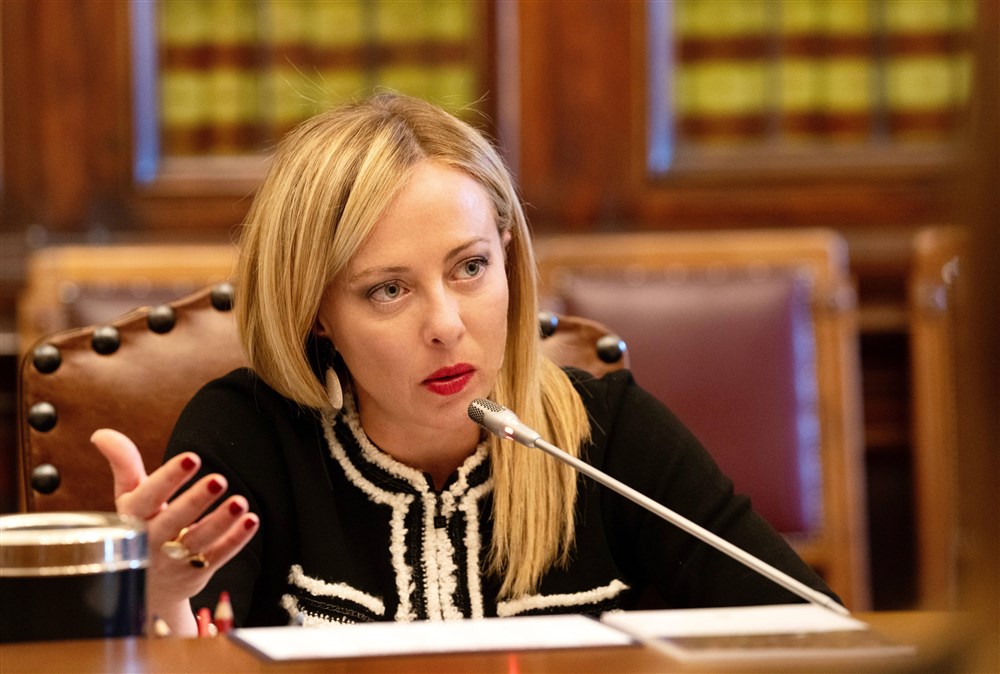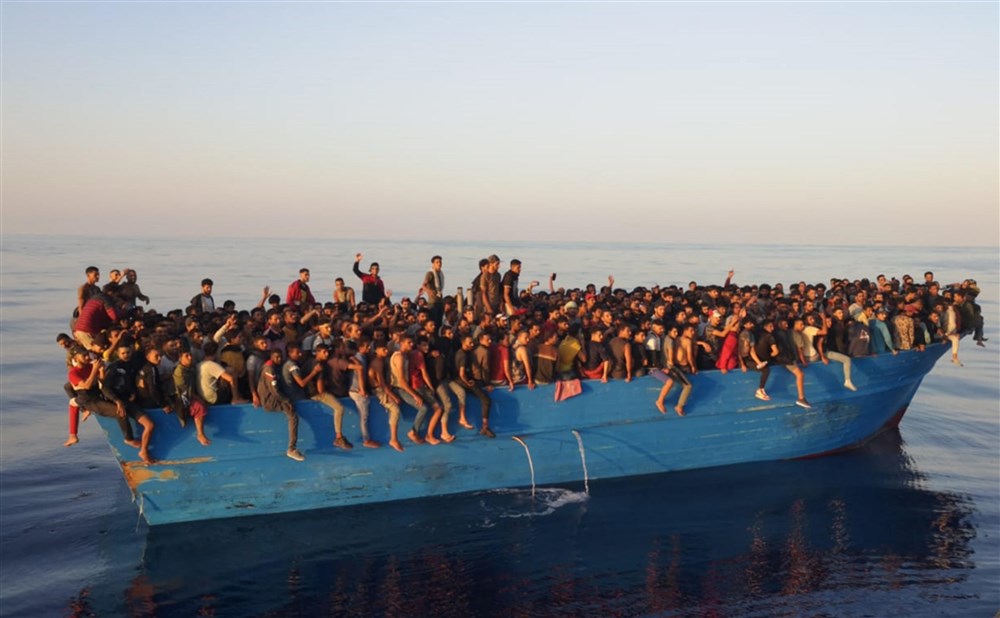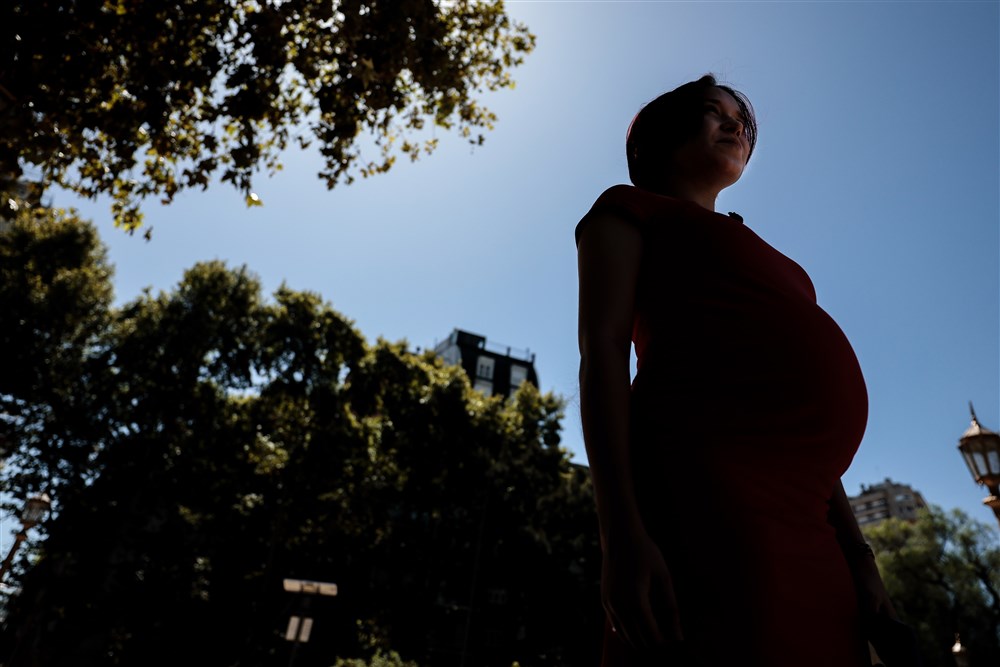Italian Prime Minister Giorgia Meloni met with Libyan general Khalifa Haftar on May 4 as part of another attempt to solve the migrant crisis and the country’s on-and-off civil war.
Haftar is the strongman who controls Libya’s eastern region of Cyrenaica bordering Egypt, from where the majority of migrants are now departing.
Despite the region’s military-style rule, migrants are now departing increasingly from the east rather than the more unstable and chaotic region of Tripolitania in the west. Many migrants are stuck in slave-like conditions in Libya and are exploited by human traffickers.
A January meeting between Meloni and Haftar had been canceled when Italy’s prime minister went to Tripoli, enemy territory for Haftar, for a bilateral meeting with the rival prime minister of Libya’s National Unity Government, Abdul Hamid Ddeibah.
Forces affiliated to Haftar have allegedly committed war crimes, according to Amnesty International, though Haftar himself is now seen as a necessary interlocutor to resolve Libya’s more than decade-long civil war.
Meloni is trying to negotiate the holding of elections to help unify the country under a new democratic government. Past efforts by Italian prime ministers and Brussels have however been to no avail.
Libya’s divided territories are characterised by tribal conflict, militia rule, and a rise in Islamism, making democratic solutions difficult to accomplish. The country now has two warring official governments, one in Tripoli in the west and one in Benghazi in the east. Both claim they are the legitimate representatives of the Libyan people. France supported Haftar during the war, while Italy has supported governments in the West.
Libya’s already complex scenario is further afflicted by the escalating political situations in the neighbouring countries of Tunisia and Sudan. Tunisia, which was previously a partner Brussels and Italy could rely on, given its relatively stable political environment after the 2011 revolution, is now risking state collapse and is becoming another transit country for migrants to reach Europe. Sudan has plunged into civil war: The UN estimates more than 700,000 people have been displaced.
The United States and Brussels have been pressuring Haftar to cut ties ties with Moscow and refuse mercenary support from the Russian-affiliated Wagner group, whose influence in Libya’s east is becoming increasingly concerning, together with its reported influence in Sudan. In March, Italy’s defence minister, Guido Crosetto, said that Russia’s mercenary group Wagner is “behind the migratory influx” as a “strategic hybrid form of warfare.”
When Meloni met Haftar’s rival, Dbeibah, in January, she called for a national political compromise in Libya between both warring factions. When Meloni met with Haftar, she confirmed Italy’s support for UN action in Libya aimed at creating a political process for presidential and parliamentary elections by the end of 2023.





